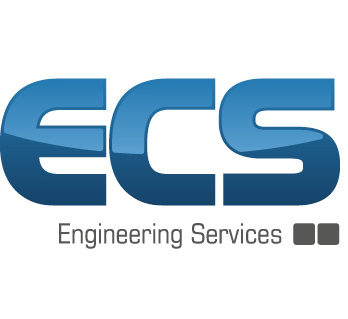United Kingdom | Whitehall Lane Stop log
- Project number: 16-234
- Length: 6.8m
- Width: 1.1m
- Year built: 2016
UK's first Infracore FRP stoplog installed for Environment Agency
As part of its national program to update and improve water control structures, the Environment Agency has specified a new stop log design using fiber reinforced polymer (FRP). This has been installed in Wraysbury, Middlesex, by ECS Engineering Services, the new stop logs will enable maintenance work to be completed on the river level control gate.
Stoplogs are very important devices that enable engineers to carry out vital maintenance work on water control structures. Once installed, these barriers hold back the water while engineers complete essential repairs. As such, they must be very strong and are usually tailor-made for each location to ensure a perfect, water-tight fit.
In the past, stoplogs have been made from wood, steel and aluminum but each of these has at least one weakness - susceptibility to corrosion, substantial weight and attractiveness to metal thieves. The idea to use composites for the manufacture of stoplogs is not new but FiberCore Europe has developed a dedicated technology, known as Infracore® Inside, that enables FRP to be used in load bearing structures, in many cases without additional steel reinforcement.
ECS has the exclusive rights to install a range of FRP products produced by FiberCore Europe including stoplogs, lock gates and bridges. Offering excellent durability and almost zero maintenance, FRP stoplogs are extremely strong and have an expected design life of 100 years.
In addition, FRP stoplogs are designed with a density just greater than that of water, which minimizes their weight but ensures they can be easily installed. Weight is a very important factor since a mobile crane is often required for the installation process and the weight of the stoplogs affects the overall project costs.
In each case, ECS provides all the measurements to the FiberCore Europe factory, where the design engineers calculate the water loading, build in a safety factor and create the design ready for manufacturing. Once complete, the new stoplogs are transported to one of ECS' branches before being taken to site and installed.
Stephen Rumsey, Project Engineer for ECS comments, "For this particular location, it wasn't possible to install stoplogs until now, so we have resolved this with the installation of a new guide on one side of the brook. Once complete, the crane lifted the new FRP stoplog into position and we confirmed a perfect fit. Now the Environment Agency will be able to complete its planned maintenance work."


